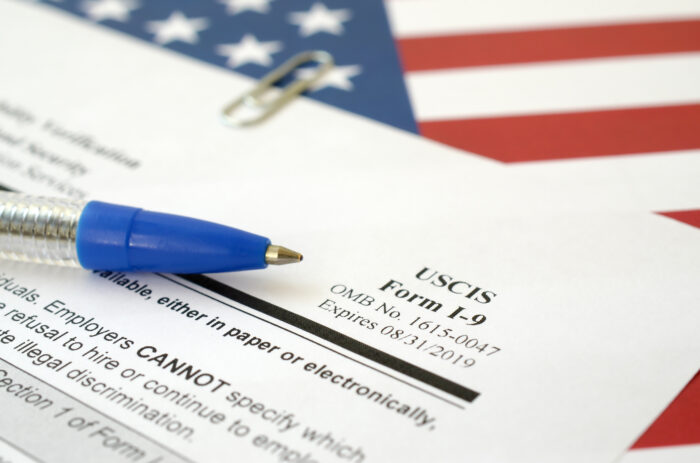By Lara Shortz
California's recent reforms to the Private Attorneys General Act (PAGA) have introduced new limits on penalties for employers that can demonstrate they have taken "all reasonable steps" to comply with the law. These penalty caps—discounting PAGA claims up to 85%—are crucial, especially considering that PAGA claims can sometimes amount to seven-figure penalties. To be sure, employers operating in California should consider conducting a privileged wage-and-hour audit to leverage these new rules and mitigate potential financial liabilities.
What Are "All Reasonable Steps"?
To qualify for the penalty caps, employers must take "all reasonable steps," which can include
- Performing regular payroll audits and addressing any discrepancies found.
- Distributing lawful written policies to employees that comply with relevant labor laws (and ensuring these policies are regularly updated).
- Training supervisors on Labor Code and wage order compliance to ensure they understand and follow the rules.
- Correcting supervisor actions when necessary to maintain compliance
The assessment of these actions' reasonableness takes into account the overall context, including an employer's size, resources, and the nature of any potential violations. Even if an employer takes all reasonable steps, there may still be evidence of violations, and often are, given the breadth of the Labor Code.
It's important to note that these penalty caps do not apply if a court finds that the employer acted maliciously, fraudulently, or oppressively, or if the employer has been found guilty of similar unlawful practices by a court or the Labor Commissioner within the past five years
Applicable Penalty Caps: Discounts from 70% to 85
- 15% Cap: This cap applies if the employer can demonstrate that they took all reasonable steps before receiving a PAGA notice or a request for personnel records.
- 30% Cap: This cap applies if the employer takes all reasonable steps within 60 days after receiving a PAGA notice
For example, an employer facing potential penalties of $500,000 for violations across 20,000 pay periods could see a significant reduction. Demonstrating compliance before a PAGA notice could reduce the penalties to $75,000 (15%), while taking corrective actions within 60 days of receiving the notice could cap the penalties at $150,000 (30%)
The Importance of Attorney-Client Privileg
Conducting wage-and-hour audits under the protection of attorney-client privilege is critical. This privilege shields sensitive communications from discovery, protecting employers from having their internal discussions exposed to plaintiffs. Without legal counsel's involvement, any findings from an audit, such as incorrect wage rates, could become accessible to plaintiffs' attorneys, potentially leading to further legal complications
Final Thoughts
Employers in California should act promptly to conduct a wage-and-hour audits, update their policies and ensure that management training is occurring on a regular basis. By doing so, employers can take advantage of the recent PAGA reforms, which offer a substantial reduction in potential penalties to 15% or 30%. This proactive approach not only helps mitigate the risk of substantial financial penalties but also safeguards against individual wage-and-hour lawsuits and state investigations.
This blog post is not offered, and should not be relied on, as legal advice. You should consult an attorney for advice in specific situations.

